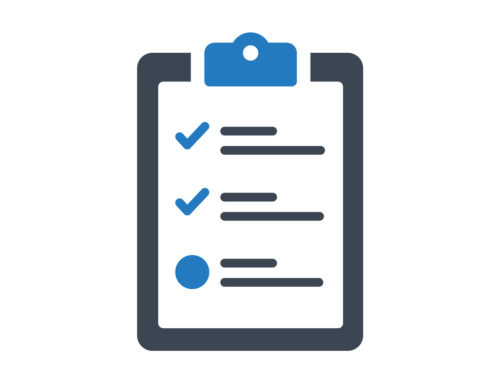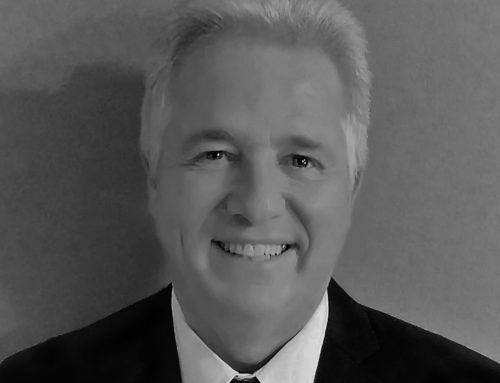The evolution of continuing professional education over the last five decades has been fueled, in large part, by the objective of protecting the public. As technology advances and society changes, professional education has been responsive to many of those advances and changes. For example, practice management courses include new ways to streamline a practice by using the most recent technology. As to societal changes, it may be the CE providers are falling short in meeting the needs of their learners. After all, societal changes are complicated and scary.
Over the last year, the #metoo movement has been front and center. While common sense and professional rules provide some guidance on how to act with coworkers and clients or patients, the rules aren’t enough. Professionals need case-study based education in this area. What should the professional do or not do in specific situations? By using a case-study approach, you provide practical tools that aren’t apparent to well-meaning, but clueless doctors, lawyers, accountants, etc. Do you provide sexual harassment and sexual discrimination education?
Data Shows that Female Lawyers are Moving Up Faster in #MeToo Era
The Problem of Sexual Harassment in the Legal Profession and the Consequences
YL Board: This is what sexual harassment in the legal industry looks like
Healthcare industry not immune to workplace sexual harassment
#MeToo in Medicine: Women, Harassed in Hospitals and Operating Rooms, Await Reckoning
In some states, lawyers are required to get training in diversity and inclusion, another sensitive societal issue. Diversity and inclusion training address the need for diversity within professions, but it also addresses how improved results come from diversity and inclusion. Today, corporations do not hire law firms without considering the makeup of the law firm. Further, many corporations in hiring will specifically ask for a diverse legal team. Do you provide diversity and inclusion education?
An Urgent Call for Diversity in Medicine: A Profession I love
Diversity and Inclusion in Medical Schools: The Reality
The New Look of Diversity in Healthcare: Where we are and Where We’re Headed
Teaching Can Help: Diversity Training in Your Law Firm
4 Ideas for Advancing Diversity and Inclusion in the Legal Profession
Addiction and mental health issues impact medical, legal, and financial professionals. High-pressure practices with life and death consequences result in many professionals needing help. Providing programming (online and confidential) is often a first step in having a professional start to deal with a problem. Training others to recognize addiction or mental health problems in their peers and providing tools on how to respond to those problems could save lives and certainly protect the public. Unfortunately, addiction and mental health issues in professionals result in consequences like a discipline office prosecuting a professional for failure to adequately treat or represent a patient or client. Do you provide addiction and mental health programming?
When Medical Professionals Face Mental Health Issues
Addiction in Medical Professionals
For doctors with mental illness ‘help me’ can be the hardest words
Doctor’s Suicide Rate Highest of Any Profession
Drug and Alcohol Abuse in the Legal Profession
Why are lawyers killing themselves?
There are many other societal issues where training could help professionals: Non-English speakers, incapacity, low-income clients and patients. If you can’t provide programming, for whatever reason, take a little time and check out the InReach Sharing Network™. Your InReach peers may have already developed the programming you need in these areas. Let’s make the world a little better.





